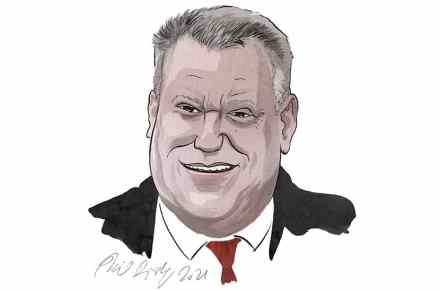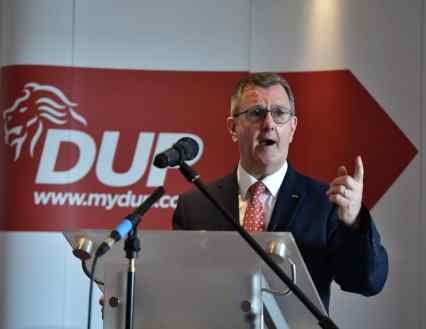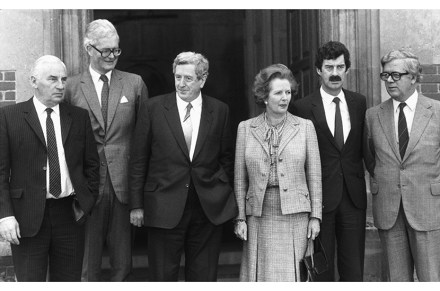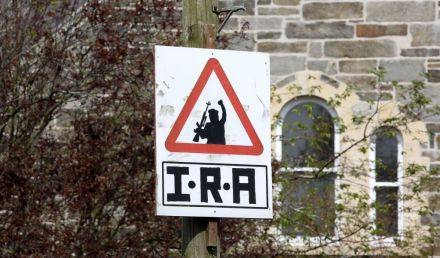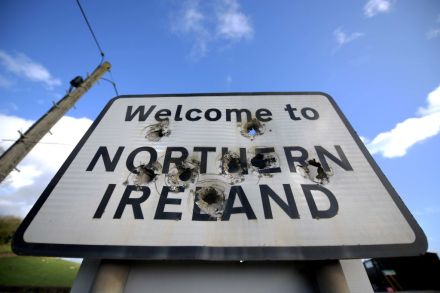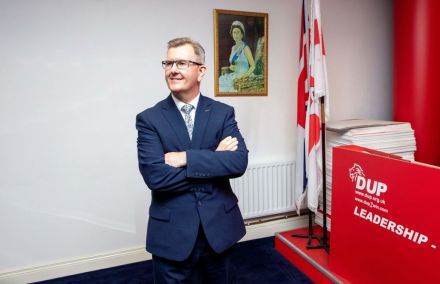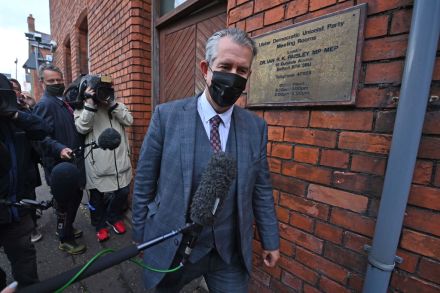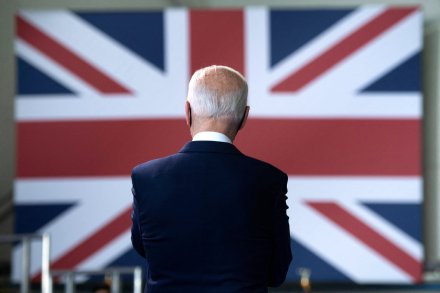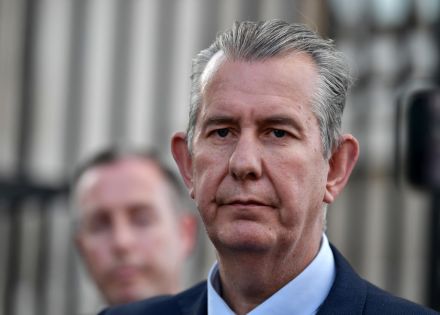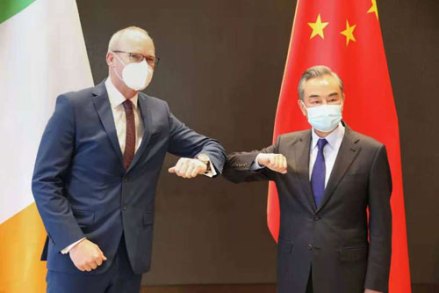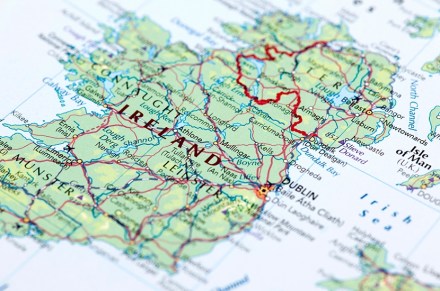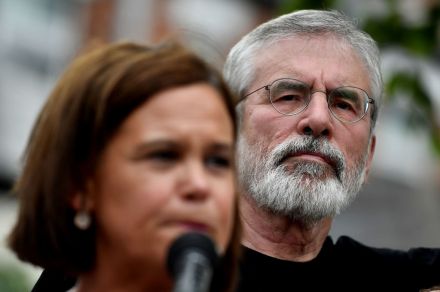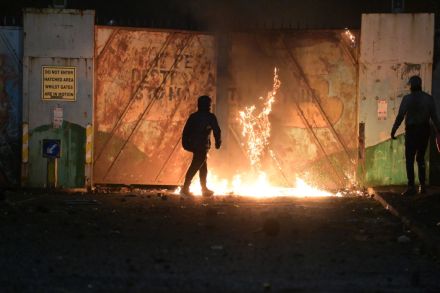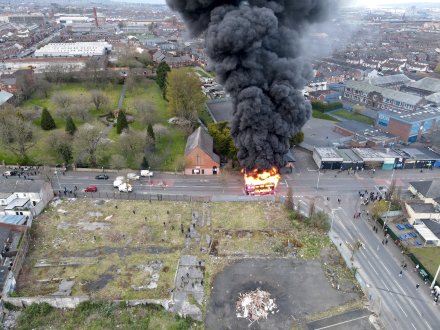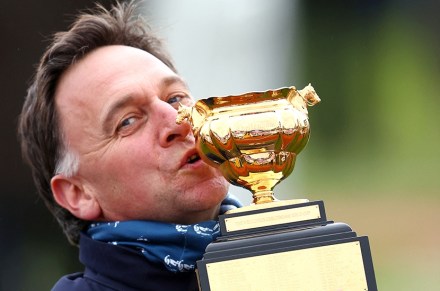Could the rise of Sinn Fein lead to a united Ireland?
The possibility of a political wing of a terrorist organisation becoming a party of government in an EU member state would normally be headline news. But that’s precisely what’s happening in Ireland. Sinn Fein is currently enjoying a consistent lead at the top of the polls in the Republic; a recent example from the Irish edition of the Sunday Times shows it had surged by six points to 37 per cent, some distance ahead of Fine Gael and Fianna Fail, currently coalition partners. Public approval of the Sinn Fein leader Mary Lou McDonald — the middle-class Dubliner who described the IRA campaign as ‘justified’ and mused that there was ‘every chance’



